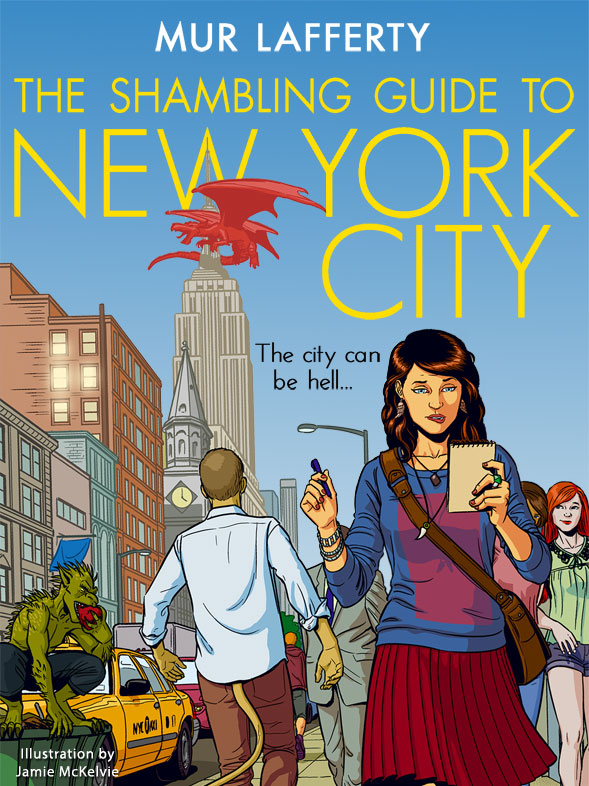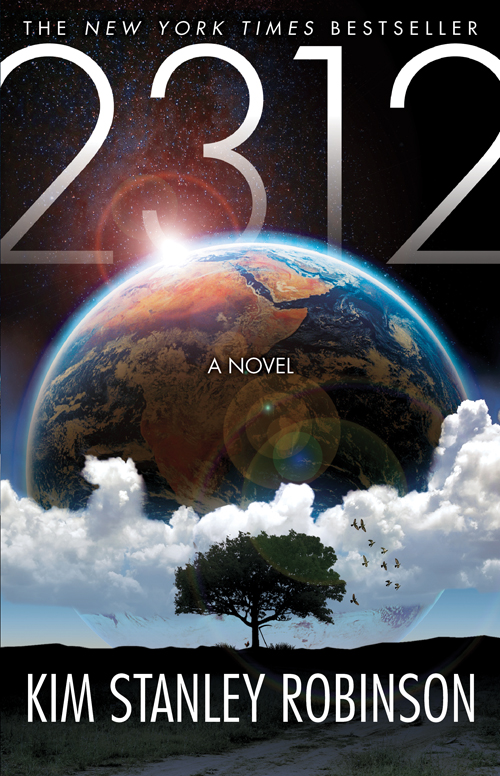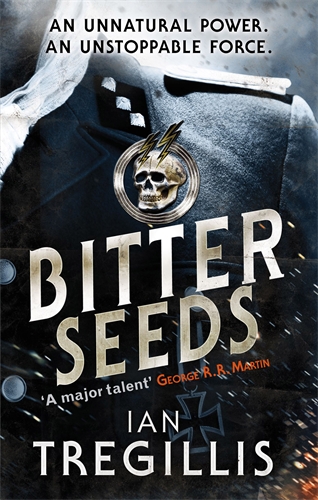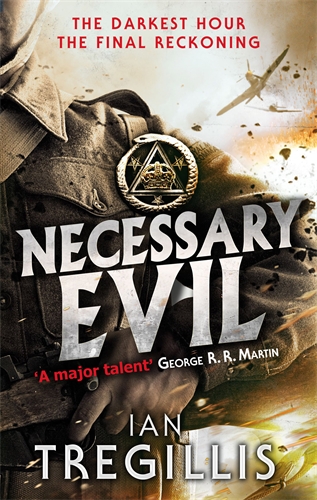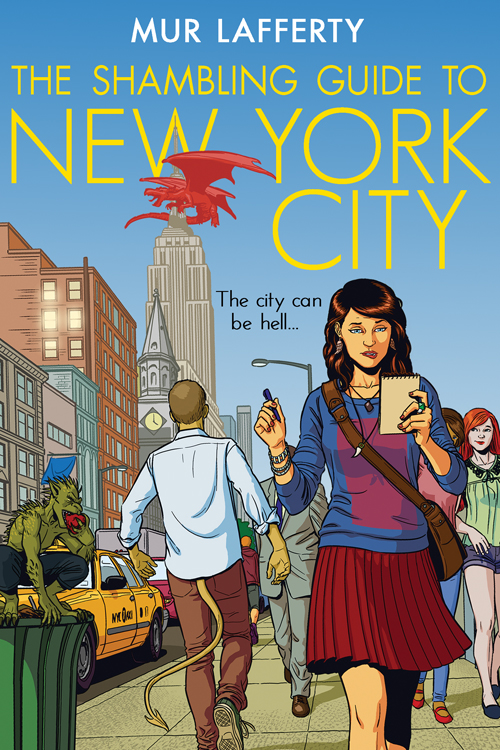Read a sample from LOVE MINUS EIGHTY
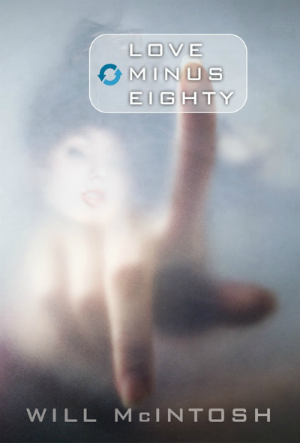 Based on the Hugo-winning short story, LOVE MINUS EIGHTY (US | UK | AUS) is a haunting and compelling story which Kirkus called “speculative fiction at its most personal and powerful”.
Based on the Hugo-winning short story, LOVE MINUS EIGHTY (US | UK | AUS) is a haunting and compelling story which Kirkus called “speculative fiction at its most personal and powerful”.
In this full-length novel, Will McIntosh expands upon the complexity of love, loss, and death in a future where advancements in medicine and cryogenics have changed the dating game in a major way. Although the technology may be unfamiliar, the challenges these characters face while struggling with issues of identity, existence, and the search for love ring eerily true for all of us. Read the prologue on io9 or continue on to the first chapter below.
Chapter 1: Rob
AD 2103The woman across the aisle from Rob yammered on as the micro-T rose above street level, threading through the Perrydot Building, lit offices buzzing past in a colorful blur. He should have taken his Scamp. Public transport was simpler, but he always seemed to share a compartment with someone who didn’t have the courtesy to subvocalize.
For no reason except that she was annoying the shit out of him, Rob decided to scan her to see how much work she’d had done on her face.
As his fingers danced over the skintight system on his left arm, the woman glanced his way and curled her lip—a microexpression that was there and gone in a flicker. Now he had another reason to dislike this complete stranger. No, his style wasn’t elegant and seamless, and he was tired of being judged by the technological glitterati as lacking some vital core because he only cared about making his system function, not how he looked doing it.

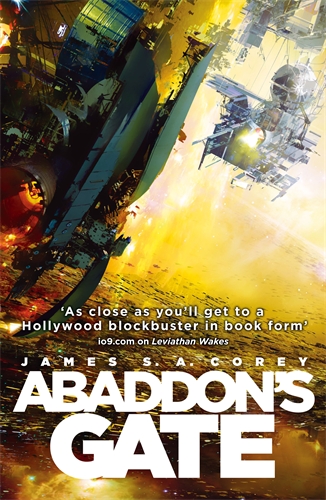
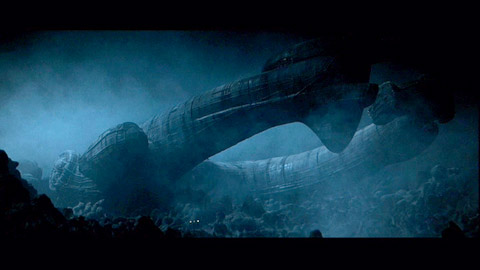
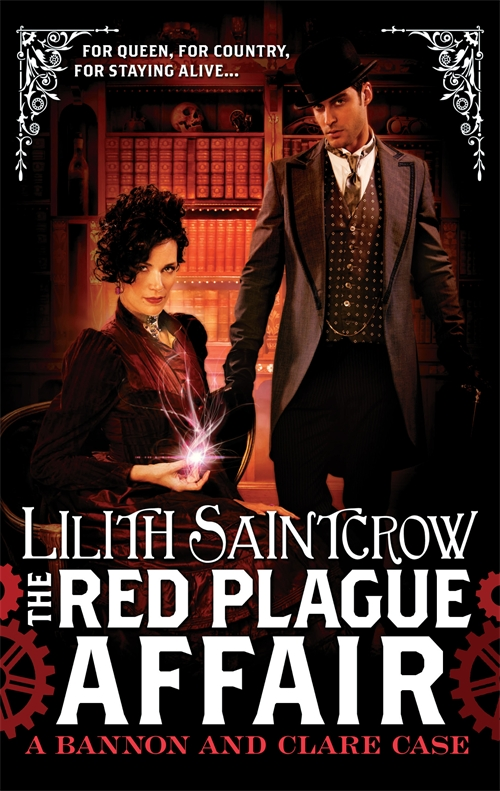
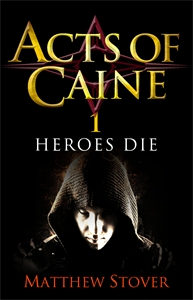 When the good folk at Orbit decided to pick up my Acts of Caine novels, they asked me to contribute a blog-post-slash-promotional-essay or two for their website. I dislike writing about myself in any kind of biographical sense; if I thought that where I was born, my family, education, hobbies and pets and private life generally were any of your business, I’d write memoirs, not heroic fantasy.
When the good folk at Orbit decided to pick up my Acts of Caine novels, they asked me to contribute a blog-post-slash-promotional-essay or two for their website. I dislike writing about myself in any kind of biographical sense; if I thought that where I was born, my family, education, hobbies and pets and private life generally were any of your business, I’d write memoirs, not heroic fantasy.